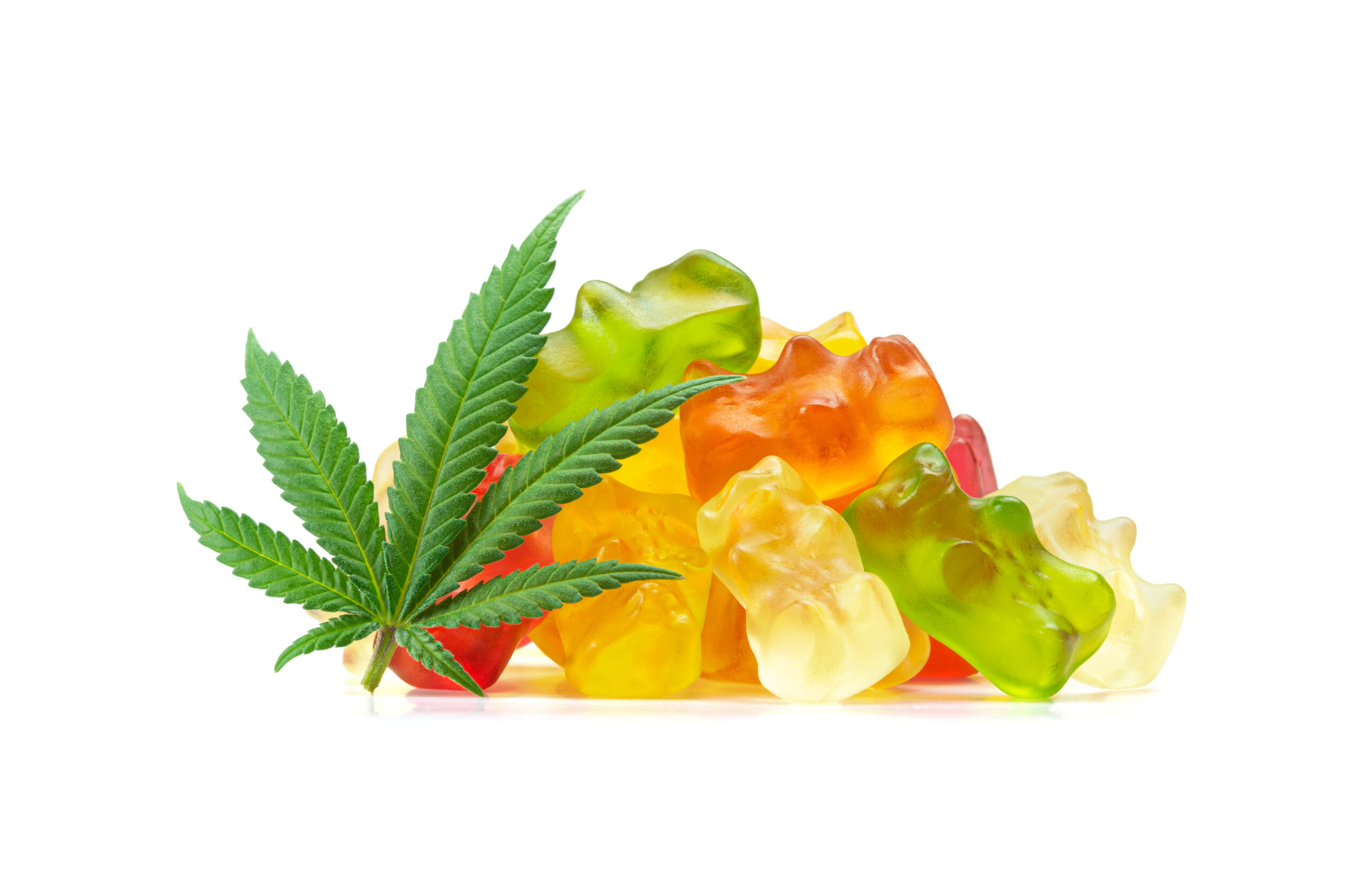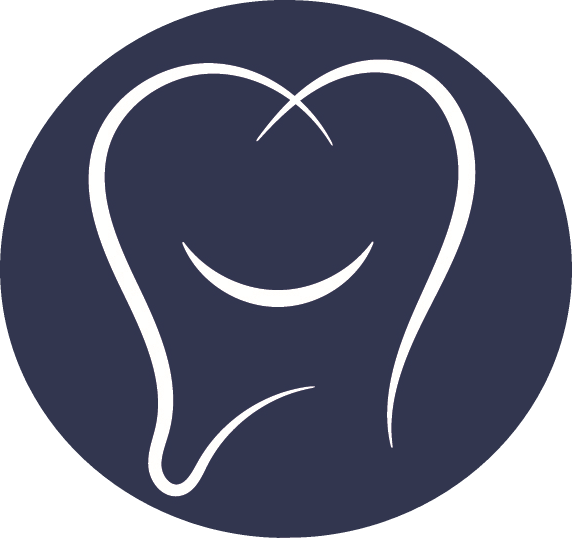
16 Oct Care For Your Potty Mouth
It’s October 17 and Canadians are lighting it up because it is now legal to smoke cannabis!
Following the federal government’s announcement of the full legalization of cannabis, people’s attention turned to discussed where and when it is acceptable on a social level to use cannabis.
Media and individuals have asked “can you drive after using cannabis” and “can you use cannabis in the workplace?”
A good rule of thumb: If you substitute the word “cannabis” with “alcohol” in your question, then the answer is obvious. You would not show up to work intoxicated with alcohol or get behind the wheel of your car after drinking.
One of the problems with legalized cannabis use is we are wrongly equating it to tobacco use. The dangers from tobacco use is mainly physical to the user and anyone in contact with the second-hand smoke. There are no psychological effects to tobacco use but there are real psychoactive effects to cannabis. Depending on the dosage of active ingredients in the cannabis, users can experience:
- distortion of space and time sense
- hallucinations
- paranoia
- fragmentation of thoughts
- memory impairment
Would you trust someone suffering from any of these effects to drive a vehicle? Would you trust them to tend to your kids at daycare? What about prepare your food at a restaurant?
Now think about the flip side of this scenario.
Let’s say a patient has an infected tooth that needed to be pulled and they show up at the dental office after using cannabis thinking that would help manage the pain. Instead the patient is experiencing a small degree of paranoia and memory impairment that may not be noticeable to the patient or the staff at the dental office.
This is especially true if the dental staff have never met the patient before. Both patient and staff may assume the patient is just upset and anxious from the pain of the infected tooth.
When a tooth is pulled, the patient will have varying degrees of bleeding, swelling and pain for the next several days. This is true no matter how much local anaesthetic was used during the procedure and the skill level of the dentist. That is just your body’s way of trying to heal the wound.
So now the patient forgets about the dentist’s after care instructions once they leave the dental office. They do not take the prescribed painkillers, they pick at the socket and they do not stick to a soft food diet. As result, there’s pain and infection and the patient has no idea why it’s happening.
This patient will likely blame the dentist for providing shoddy treatment. Or worse yet, they may not even remember consenting to the treatment and complain that the dentist performed this treatment without their permission.
Even if they come to an understanding, this situation could have been avoided and the trust between the dentist and patient remains intact.
As a health care provider, we do a screen for patients to make sure they are healthy enough to undergo treatment. For example, we take a patient’s blood pressure before any surgery. But sometimes the signs of patient intoxication are more subtle. This can be very problematic if the drug use is not disclosed by the patient and not detected by the health care provider.
There are other problems with performing dental treatment on an active cannabis user:
- Increased anxiety, paranoia and hyperactivity may heighten the stress experience of a dental visit.
- Increased heart rate can be made worse with the administration of dental products with epinephrine.
In light of these dangers, active cannabis users would be best served if they postponed their dental treatment until the acute effects of intoxication have subsided.
But what if you’re not really intoxicated? What if you had a drink at lunch and then went to the dentist? Would the dentist deem you were drunk and could not give clear instructions that you want your dental check exam and cleaning? Not likely.
With cannabis, there will be soon be products available in Canada that can accurately mete out micro dosages so the user will not be intoxicated and remain high functioning. The effect is supposed to make the user relaxed and happy but not to the point that they can’t go about their daily activities.
Even if you do not feel any difference in your state of mind, as a patient, when your dentist asks at the beginning of the appointment if there are any changes to your medical history, you should always disclose if you’re actively using cannabis. Depending on the dental treatment you’re getting and your state of mind, it is then up to the dentist to decide if they can safely treat you. But do not take that decision out of their hands by withholding information.
Aside from the immediate dangers of cannabis intoxication, there are several oral health problems with chronic use:
- dry mouth (xerostomia) – greater risk of cavities
- soft tissue irritation
- soft tissue swelling
- cellular changes in the soft tissues – greater risk of oral cancers
- bone loss – greater risk of losing teeth
So please be careful if you have plans to use cannabis for medicinal purposes or recreation. There are plenty of benefits to cannabis and with a joint effort between patient and dentist, we can help all users stay safe at the next dental visit.
In the meantime, here are some tips for preventing problems:
- Drink more water to combat dry mouth (bonus point for drinking tap water that’s fluoridated).
- Chew sugar free gum (preferably with xylitol if you can find it) to combat dry mouth.
- Brush and floss thoroughly every night to prevent gingivitis, cavities and stains.
- Avoid mouth washes that contain alcohol.
- Use fluoridated toothpaste to protect your teeth.
Phuong Luu, DDS


